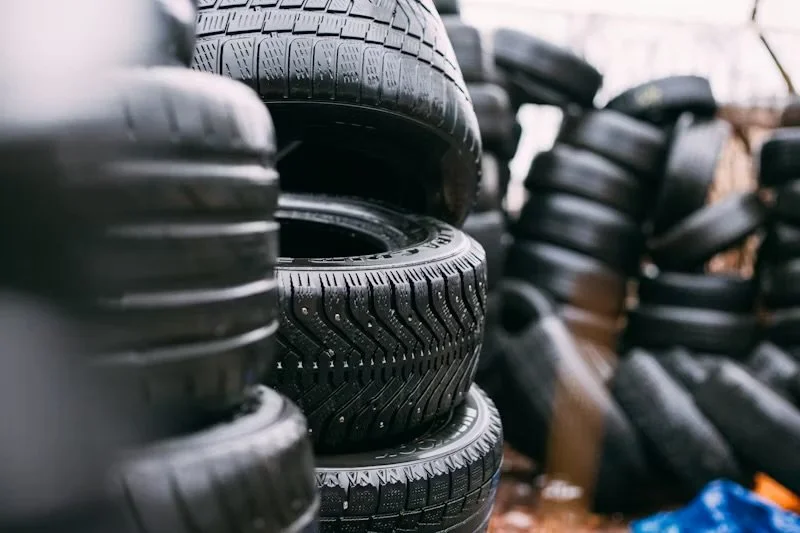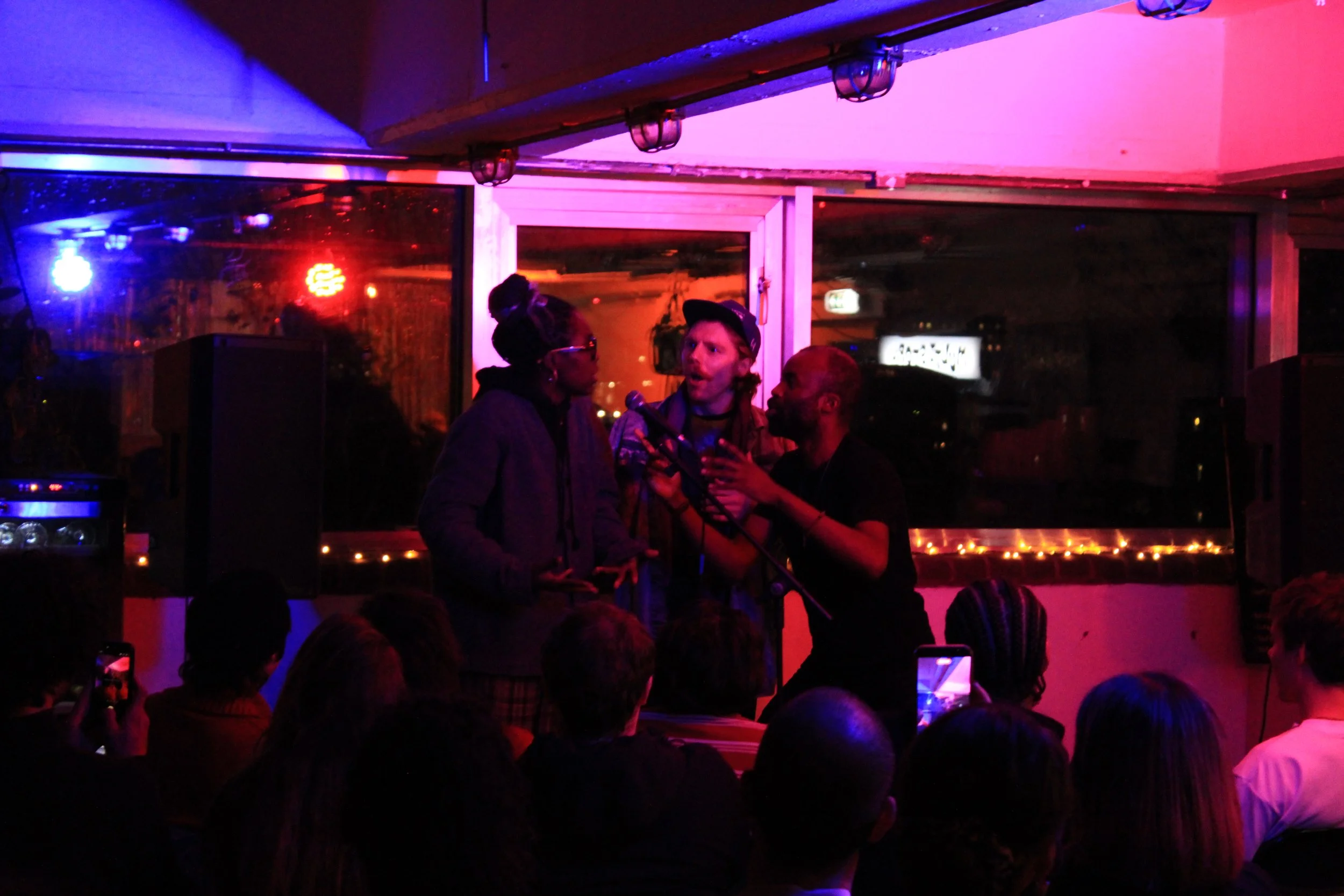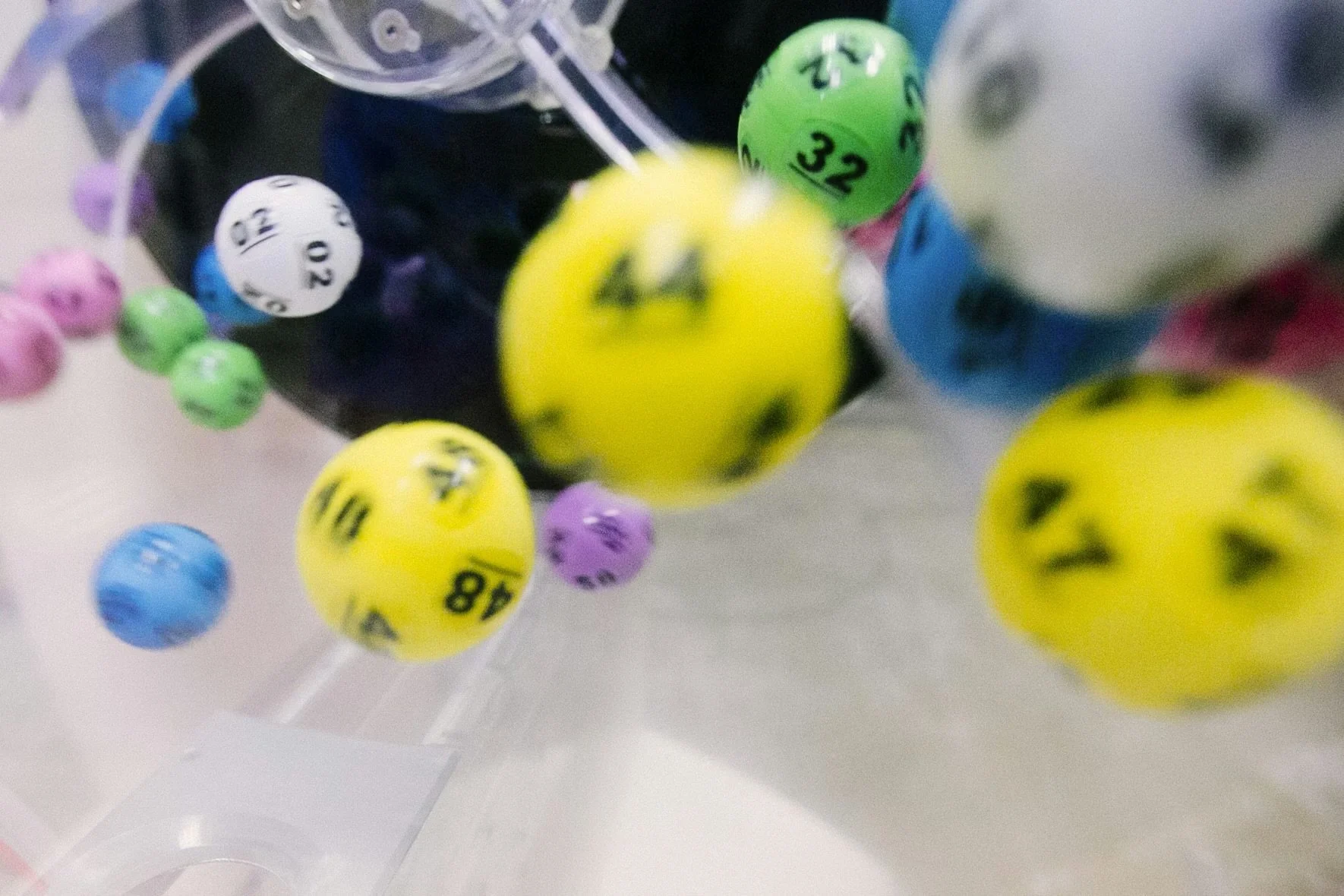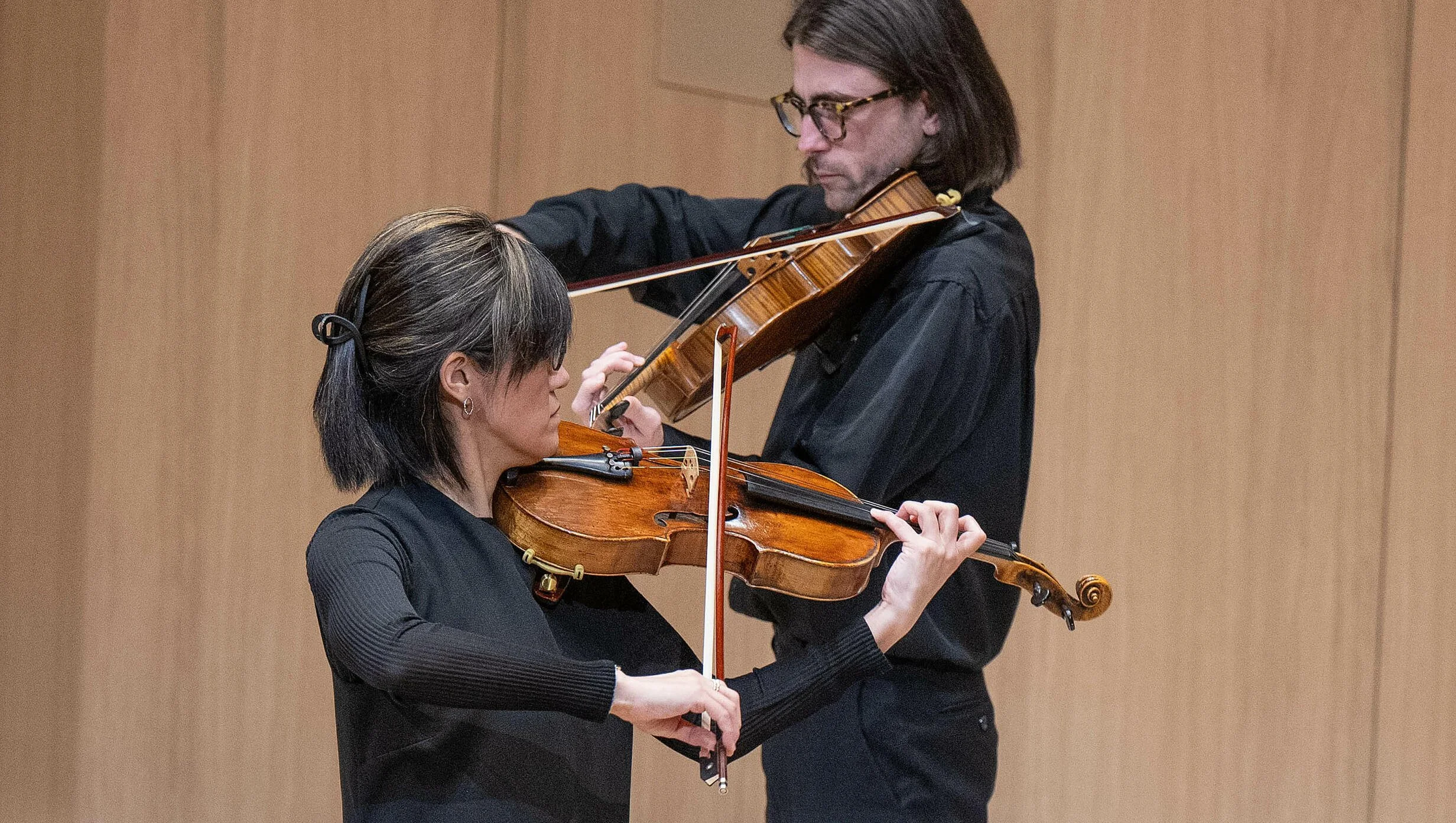Jojo Rabbit review – Can Nazis and slapstick really go together?
'You’re not a Nazi, Jojo. You’re a 10-year-old kid who ‘likes’ Swastikas and ‘likes’ dressing up in a funny uniform and wants to be part of a club. But you’re not one of them. Not you.’
Image: Fox Seachlight
Adapted from Christine Leunen's book 'Caging Skies,' Jojo Rabbit is Taika Waititi's black parody set in 1945 Nazi Germany. The film tells the story of little Johannes "Jojo" Betzler – a ten-year old rug-rat with referential gold locks and an infectious smirk who, in the first few scenes, is elatedly preparing for his enrolment to the Hitler Youth. Hitler is Jojo's hero – his bedroom walls are plastered with memorabilia, he daydreams of a future in Hitler's guard and, to fully fortify the silliness of the premise, his imaginary friend is Adolf himself.
Unfortunately, Jojo's destiny is scuppered by his inability to harness the brutish ways expected of him by his Youth leaders, a goony duo led by Sam Rockwell as Captain Klenzendorf with Alfie Allen adding a strangely sparse, inconsequential line here and there. Even more disruptive for Jojo however, is the shock discovery that his mother is hiding a young Jewish girl, Elsa, in his dead sister's bedroom.
The film puts extreme fascism, genocide, child soldiers and anti-Semtism at the heart of its humour and in doing so, tiptoes along a very hazardous tightrope. Whilst not every stomach in the audience will find this easy to take, Waititi does attempt to balance his gags so that the issues raised by the screenplay will be the resounding message for most. As part of this effort, Waititi's portrayal of Hitler is raging with tantrums. denouncing Elsa as a monster and making sardonic suggestions that he and Jojo "burn down the house and blame Winston Churchill.'' The characterisation is tongue-in-cheek and purposefully caricature, both necessary techniques to sufficiently undermine Jojo's hero worship.
Further antidotes to the film's spiky witticism are Jojo's companions. Rosie, effortlessly carried by Scarlett Johannsen, is Jojo's fun-but-firm mother who is secretly working for the resistance and, when not "chewing grapes" and dancing round the living room, hopes that her brainwashed son will eventually recover his moral compass. Jojo's best friend (and perhaps Nestlé's next brand ambassador) Yorki is 2020's answer to William Golding's Piggy and JKR's Neville Longbottom. Waititi uses Yorki’s youthful simplicity to subtly expose the absurdity of the adult behaviour around him, with nuggets such as "I know, definitely not a good time to be a Nazi" and, in relation to the Jews he saw in the forest, "I didn’t see what all the fuss was about. They weren’t at all scary and seemed kind of normal.”
This film is undoubtedly an engaging watch and provides a poignant reminder of both the vulnerability and the power of a child's mind. Waititi's mission to use comic techniques to make a farce of the Nazi regime is well-fought. However, the question of whether or not he goes far enough to emphasise the danger of such an ideology and in particular, the atrocities of the Holocaust, lingers as the credits begin to roll. Using slapstick humour to highlight the utter childishness of the regime, the intention is for the audience to wonder how such stupidity ever became a reality. In today’s political climate, can Waititi expect his audience’s overarching reaction to be one of disbelief? We will leave that thought with you to ponder, should you choose to embark on Jojo’s journey yourself.
#FLODown: Jojo Rabbit is nominated for six academy awards and is currently showing at most cinemas – if you fancy a treat, Selfridges cinema which opened in November 2019, has viewings until 23rd January 2020.
Words by Lucy Firestone











